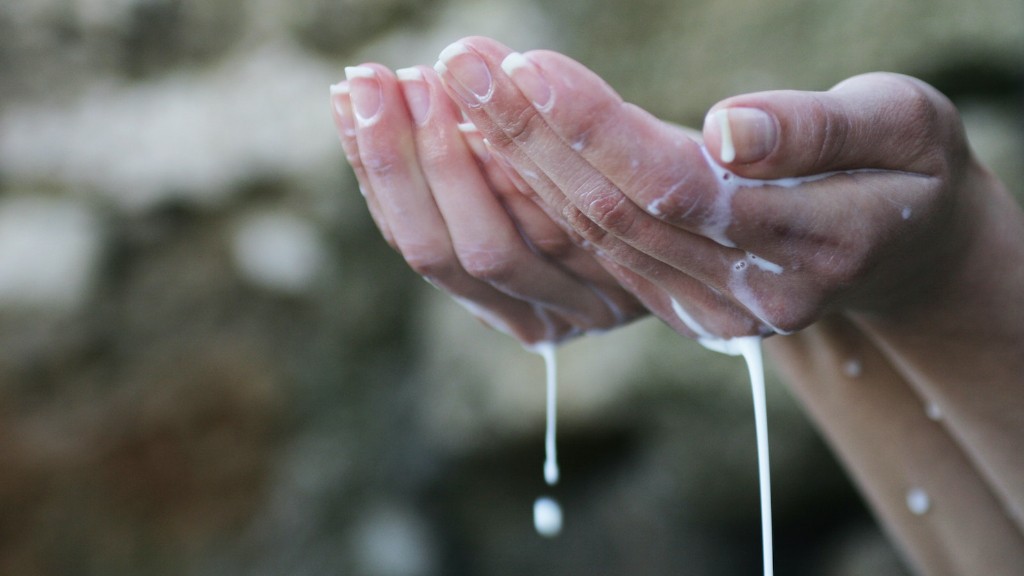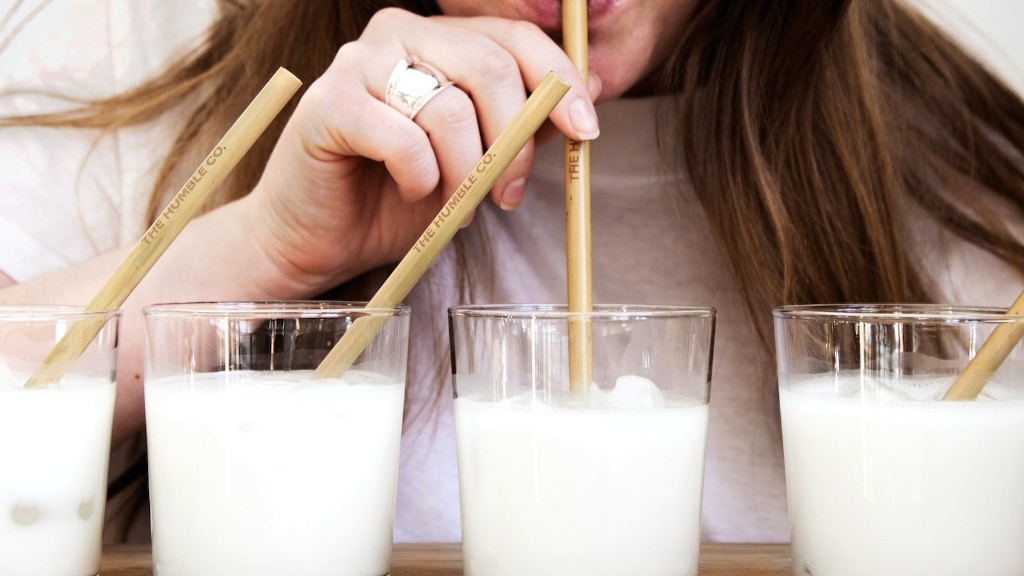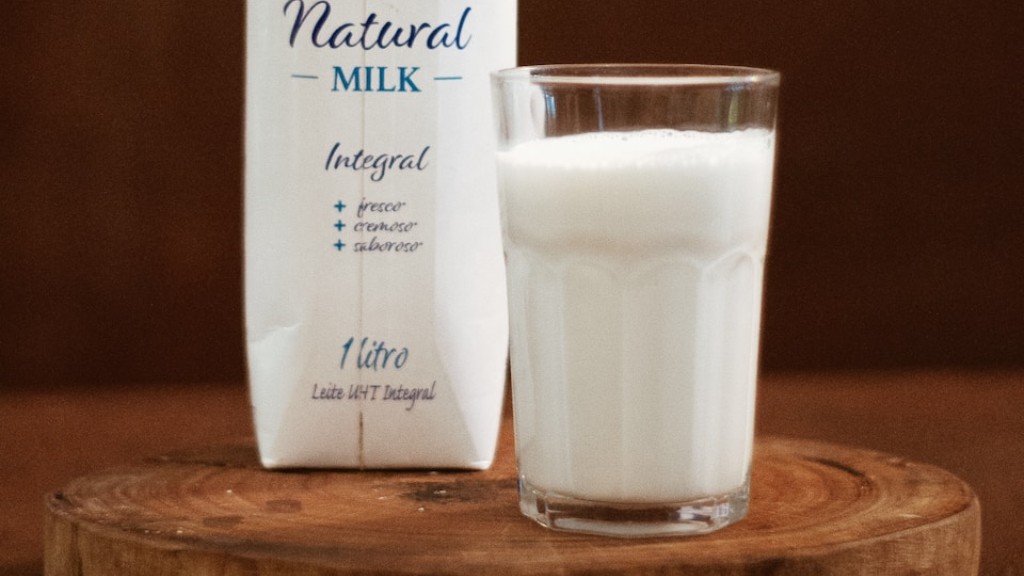Why Does Warm Milk Make You Tired?
People have been drinking warm milk for centuries to help them fall into a restful sleep. But why does warm milk make us sleepy? Is warm milk a myth, or does it really help us relax and unwind?
The Benefits of Milk
The benefits of milk are endless. Milk is packed with essential vitamins and minerals such as calcium, magnesium, and phosphorus which help build strong bones and teeth. It’s also a great source of protein, which helps to build and repair muscles. Warm milk is often associated with calmness and relaxation, and many people find it helps them to unwind after a long day and drift off to sleep.
The Sleep Hormone Theory
Why does warm milk make us tired? One theory is that milk contains an amino acid called tryptophan which is linked to the production of the sleep hormone melatonin. Melatonin is associated with sleep and relaxation. When tryptophan is metabolized into melatonin in the body, it helps to induce a peaceful sleep.
The Physiological Effects of Warm Milk
The physiological effects of warm milk may also contribute to why warm milk makes us tired. When we drink warm milk, it slowly passes through the digestive system, providing a steady release of energy which helps to relax the body. The warmth of the milk also helps to raise the body temperature which is essential for inducing sleep.
It’s a well-known fact that warm beverages such as tea, coffee and hot chocolate can make us feel relaxed and sleepy. This is because the warmth soothes away stress and tension, making us feel calm and relaxed. Similarly, drinking warm milk can also provide us with a sense of comfort and relaxation, helping us drift off to sleep.
The Placebo Effect
Although there are many theories about why warm milk makes us sleepy, it’s possible that it’s all down to the placebo effect. We’ve all heard of the power of placebo. This is when a person believes a certain action will have an effect on them, even though no scientific proof exists. The placebo effect can be powerful, and it’s possible that people who swear by warm milk for sleep are simply being affected by this.
Nutritional Factors
Besides the effects of melatonin and the placebo effect, there are also nutritional factors to consider. It’s true that warm milk contains the amino acid tryptophan, but it has to compete with other amino acids and proteins for absorption. It may be that if we drink milk with complex carbohydrates such as porridge or cereals it can help with the absorption of tryptophan, leading to increased levels of melatonin in the body.
Dairy Alternatives
If you don’t want to drink warm milk, there are some excellent dairy alternatives that can still provide you with the sleep-inducing properties of warm milk. Try a hot chamomile tea or a soothing herbal tea to help you unwind before bed. For a more sophisiticated option, a glass of sparkling water infused with lavender essential oil can help to relax and soothe away anxieties before sleep.
Caffeine-Heavy Beverages To Avoid
It’s important to make sure you avoid caffeine-heavy beverages such as coffee and energy drinks as they can have the opposite effect on your sleep. Caffeine is a stimulant and can cause your heart rate to increase and give you an energy boost. It’s advisable to save caffeinated beverages for the morning and opt for something more calming and relaxing in the evening.
Healthy Bedtime Habits
Developing healthy bedtime habits is essential for getting a good night’s sleep. Making sure you maintain a regular sleep routine and avoid screens and bright lights before bed will help your body to gradually wind down. With the right environment and self-care, you should be able to drift off to sleep easily and naturally.
A Balanced Diet
To ensure your body gets the important nutrients and minerals it needs, it’s important to maintain a balanced diet. Eating complex carbohydrates such as legumes, nuts, grains and seeds can help to improve sleep quality, as well as providing the energy we need throughout the day. Adding foods such as bananas, chamomile tea, fish, yogurt and eggs which are high in tryptophan can also help to boost levels of melatonin in the body.
Tips to Help You Sleep Better
If you’re having trouble sleeping, here are some tips to help you get a better night’s sleep. Avoid caffeine and alcohol in the evening, stick to a regular sleep routine, reduce stress levels with exercise and relaxation techniques, limit screen time before bed and make sure you’re getting enough exercise during the day. Keeping active during the day will help you to relax in the evening and drift off to sleep naturally.
Conclusion
So why does warm milk make you tired? It could be down to the power of the placebo effect, the release of melatonin, the physiological effects of warm milk, or simply the comfort and relaxation it provides before bed. All these factors are important when trying to get a good night’s sleep. Developing healthy bedtime habits, reducing stress levels and eating a balanced diet are all important factors when it comes to getting a good night’s sleep.



